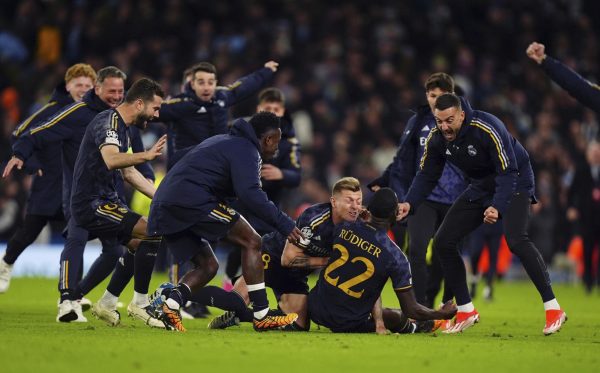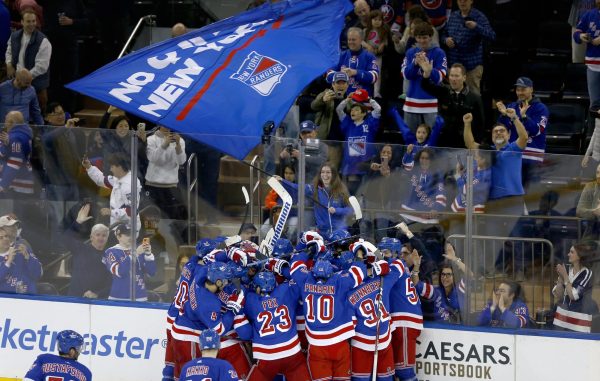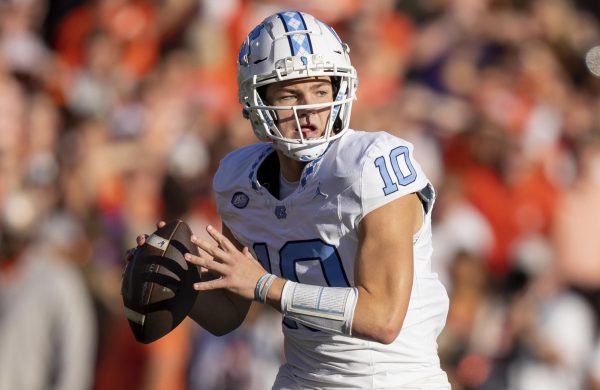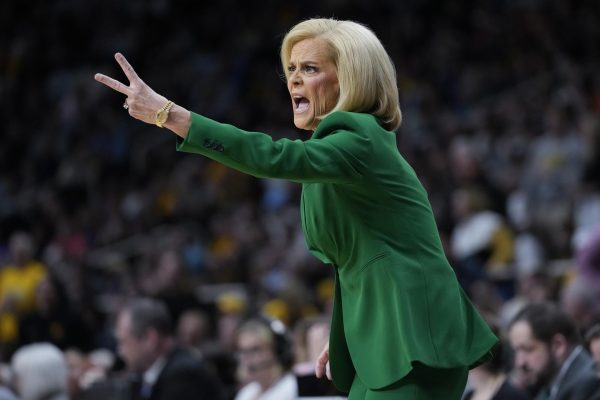Chip Kelly: Brilliant or Brain Dead? Kelly’s Revolutionary Offense has the NFL on High Alert
Chip Kelly’s legendary coaching philosophy vaulted the University of Oregon into the elite echelon of college football programs. With a trademark hurry up offense that ran opponents ragged, Oregon became one of the most feared teams in college football. Under Kelly’s guidance, Oregon played in two Rose Bowls, the Fiesta Bowl and the National Championship. Kelly’s “blur” offense proved highly effective and influential throughout college football.
Inevitably, when a coach is making waves in the college realm, they begin gaining attention from the NFL. Chip Kelly was hired by the Philadelphia Eagles in January of 2013, promising to overhaul a franchise that had gone 4-12 the season before his arrival. In a drastic turnaround, he led the Eagles to a playoff berth in the 2013 season, finishing 10-6. However, in 2014 the Eagles finished 10-6 again, but missed the playoffs.
In the offseason, Chip Kelly was given full control of the Eagles, put in charge of all personnel decisions. With this new power, he controversially traded LeSean McCoy for linebacker Kiko Alonso, Nick Foles for Sam Bradford and let star receiver Jeremy Maclin walk. He overhauled the roster. After a 3-3 start, murmurs about his fit in the NFL have begun, as well as rumors about a possible move to replace Steve Sarkisian at USC. However, Kelly should hold off on his return to college football.
Chip Kelly’s unique system relies on one huge factor: the full commitment of the team to his style of play. At Oregon, he was able to mold the entire team’s mentality to properly execute his style of play. After two seasons with the Eagles, he is still in the midst of the same project, trying to create his team’s necessary mindset to succeed with his system. Kelly likes to mold players, using the “correct” team mentality to make up for talent deficiencies, a goal he clearly kept in mind with his offseason moves. He sent a clear message: every player must have the right mentality to play on his team. In only his third season, he clearly is making strides in achieving the commitment he needs for his system to succeed, even if he is not all the way there yet.
Still, Kelly’s system was never going to directly translate to the NFL. There are some physical and strategic adaptations necessary to cultivate success in the NFL where the talent level is higher across the board. For example, Chip Kelly believes he can win with any quarterback, regardless of talent level. NFL history suggests otherwise. Kelly’s hubris may be his biggest threat to the success of his system in the NFL; if he fails to make some adaptations, the talent throughout the NFL will lead to mitigated success for the Eagles.
It is too soon to judge either way if Kelly’s revolutionary hurry up offense can succeed in the NFL. He requires full commitment from his team, which he has begun to achieve through his offseason moves as well as his full control of personnel decisions. If he can adapt his system, allowing for the talent jump in the NFL and the need for an elite quarterback, his system will work, provided the Eagles, both players and management, continue to fully commit to his plan. There may still be one more year of growth, but only two seasons in, Chip Kelly can hardly be labeled a failure.








